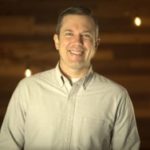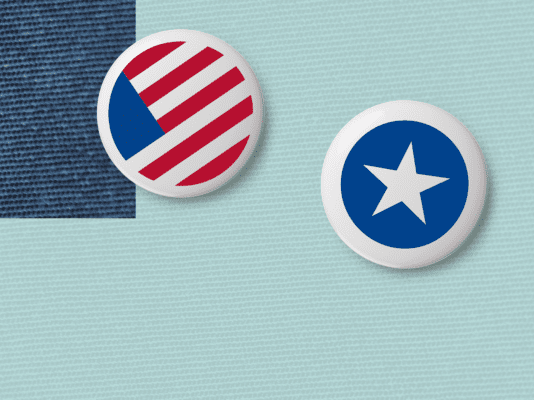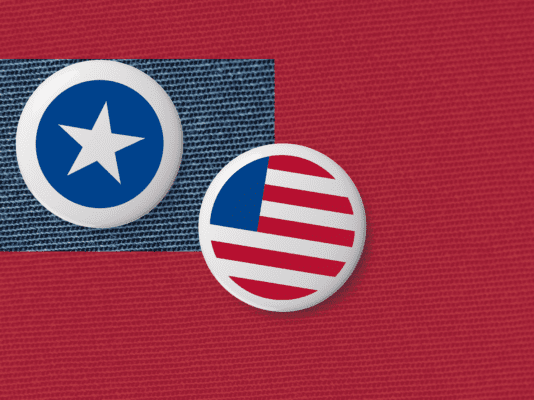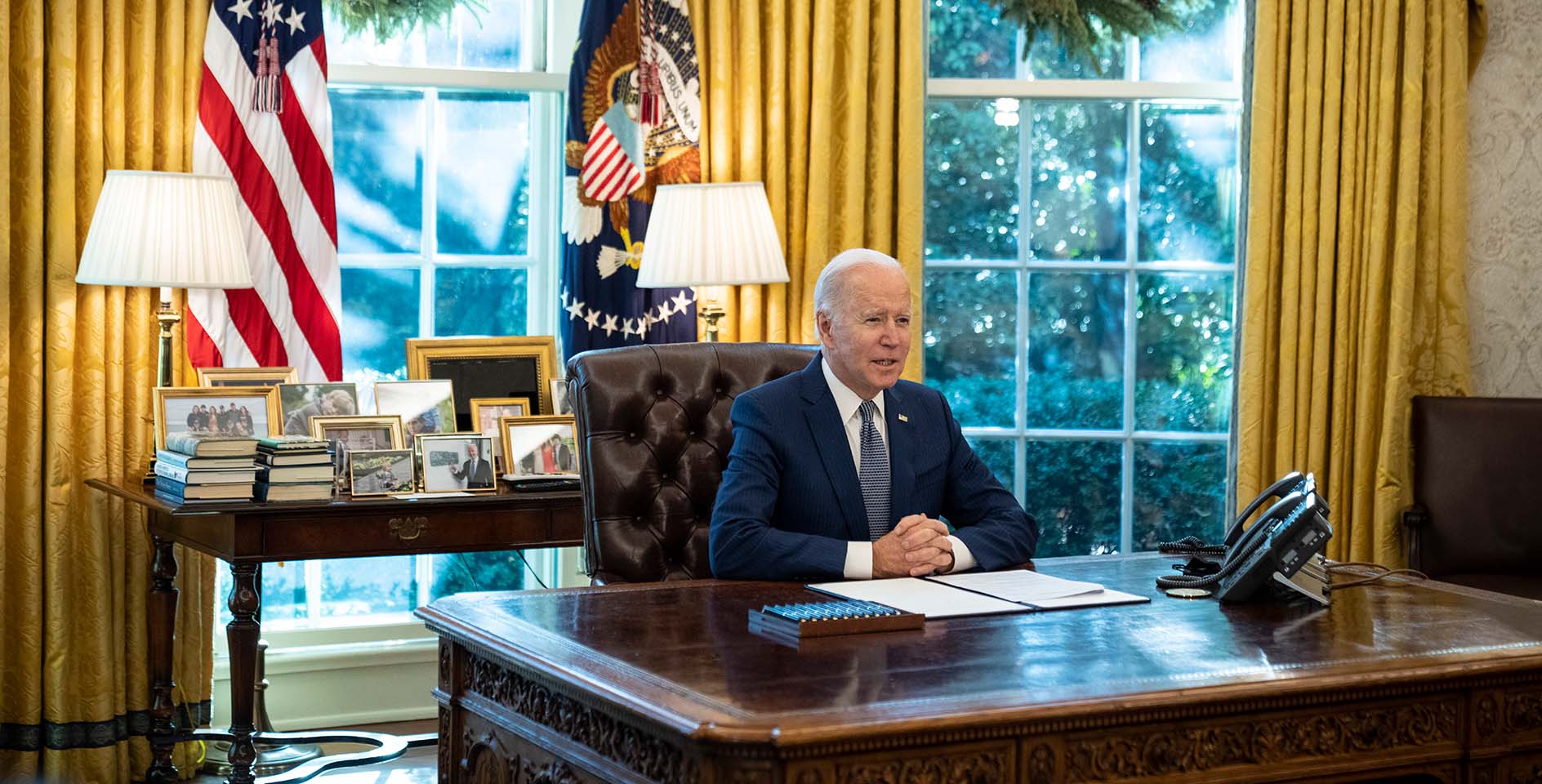My family lives right next to the elementary school in a middle-class part of Bradenton, Florida, and two of my neighbors are drug dealers. Addiction is not limited by socioeconomic boundaries. The rich tend to hide it better, and the poor tend to be arrested more. But it’s there—in every pocket and corner of our community, especially opioids.
Opioids are consumed in various forms. Synthetic versions, like Fentanyl and Carfentanil, are used to sedate wild elephants and can be found on the streets in Bradenton. Even a small exposure to the skin can kill you. One tiny flake of Carfentanil is lethal and can float through the air. Heroin is popular because it is much cheaper than prescription pills, like oxycodone. One blend of opioids is called “gray death” because it looks like concrete mix. Unfortunately, the entire gamut of opioids is here, and they are all nasty.
A recent headline in our local newspaper describes a bleak reality: “Bradenton is opioid overdose capital of Florida. And still no one knows why.” The words heroin, overdose, and death are often in the headlines and part of daily life in our community. Opioids are so common here that police officers receive training on how to recognize when overdose victims are about to die. Most patrol units carry Narcan kits, which are used to reverse the effects of an overdose. We’ve done Narcan training at our church and have a kit onsite. Those who use it have learned to administer the dose and take a few steps back. The reversal effects are immediate, and overdose victims will either get sick and vomit or get angry and come up swinging.
Ministering in the darkest corners
My church is located right in the heart of Bradenton. We call ourselves “a neighborhood church for the nations.” The call to shepherd a church is a call to shepherd the community. When God led me to West Bradenton, he not only gave me a responsibility for pastoring a church but also a responsibility to serve our community. Churches are not islands in the community, set up to isolate believers from the ails of society. The walls of the church are not protective barriers to community problems. Quite the opposite—the church should be the vehicle by which people are sent into the hardest, darkest parts of the neighborhood. You can’t be salt and light hunkered down in isolation.
For us, that meant tackling something no other church was doing. We already had a dozen or so drug deals a day occurring in our parking lot, so something had to be done. Our student pastor started the movement. He stood in front of our church and made a plea, “I’m sick of people dying. We’re going to do something.” Preaching the funerals is especially hard. I wept after a 4-year-old child asked me why the needles killed his mom. Death is cheap and comes in doses of 0.1 grams; it can be bought for as little as $10 a bag.
When the community started calling us “the heroin church,” we knew we were banging on hell’s gates. We chased the dealers out of our parking lot—literally. Then we started a 5K road race in our neighborhood to raise awareness. The road race brought together several groups who did not know each other. Our church became a gatekeeper for the small, local ministries trying to solve the addition epidemic.
Foster care and homeless ministry
Then a wave hit our congregation. A swell of our families began to foster children. Our county is first in removal rates of children in all of Florida. Of the 500 children removed from their homes last year, over half of them are directly attributed to substance abuse. Most of the children removed are under the age of 5. The foster system is out of beds for children and is in a $3.8 million budget shortfall because of the problem. Our foster son was severely neglected and tested positive for an illicit substance before he came into our home. He was not even 2 years old.
If you want to jump into the thick of evil, then become a foster parent. Whatever issues are producing foster children are often the core of a community’s sins. You are immediately connected to some of the most difficult issues in your community when you take a foster child into your home. In our case, it’s opioid addiction. Our children’s ministry is full of foster kids. Here is what I love about how my church is ministering to these children: The name tags of our foster children don’t have a special label designating them as being fostered. These children are part of our homes, which means they are part of our church family. We’ve opened our doors to the worst problem in our community, and God brought us beautiful children who need to hear good news.
God wanted us to do more, though. He sent us two gritty retired police officers who serve the homeless 365 days a year. They take no breaks, no vacations, no rest. Christine and Ian live for one purpose—feeding the homeless every day in order to share Jesus’ gospel. When you mingle with 200 homeless people a day, it gets a little messy. The vast majority of them are addicts. Our church jumped right into the mix. I even bring my four children with me when I volunteer. You can grow slowly in wisdom and maturity by sitting in pews, but you make leaps when you minister on the streets.
West Bradenton is a neighborhood church for the nations. It is not a fallout shelter from a radioactive world. You can’t be salt and light hunkered down in isolation. We’re not trendy or hip, but we will dig into the best and worst of our community—and we’re proud of our moniker, “the heroin church.” And as a pastor, I’m honored to serve alongside people who get what living out the gospel means.










